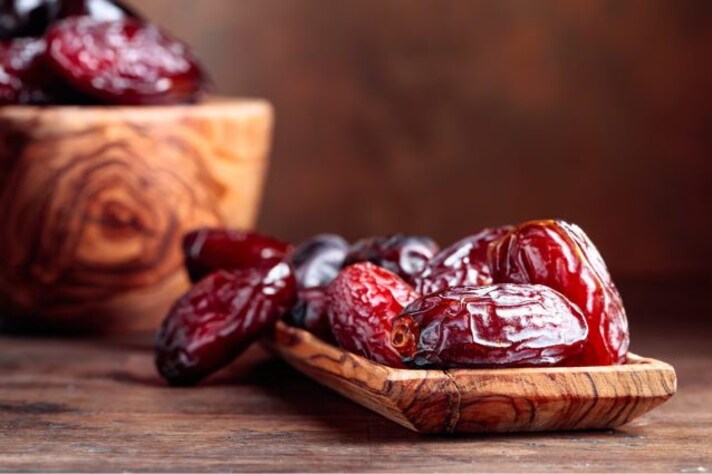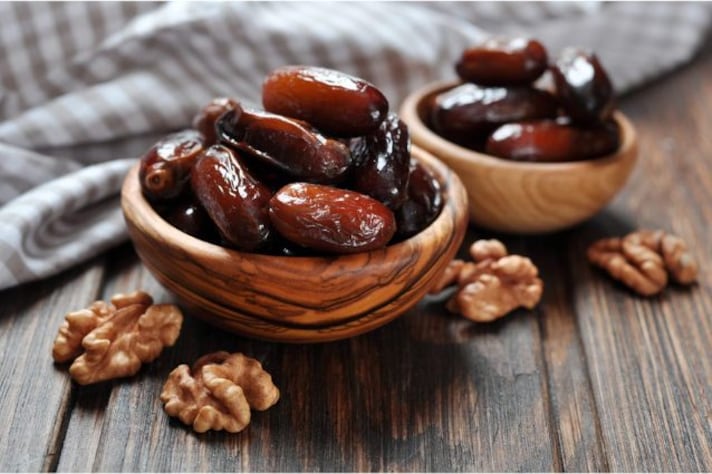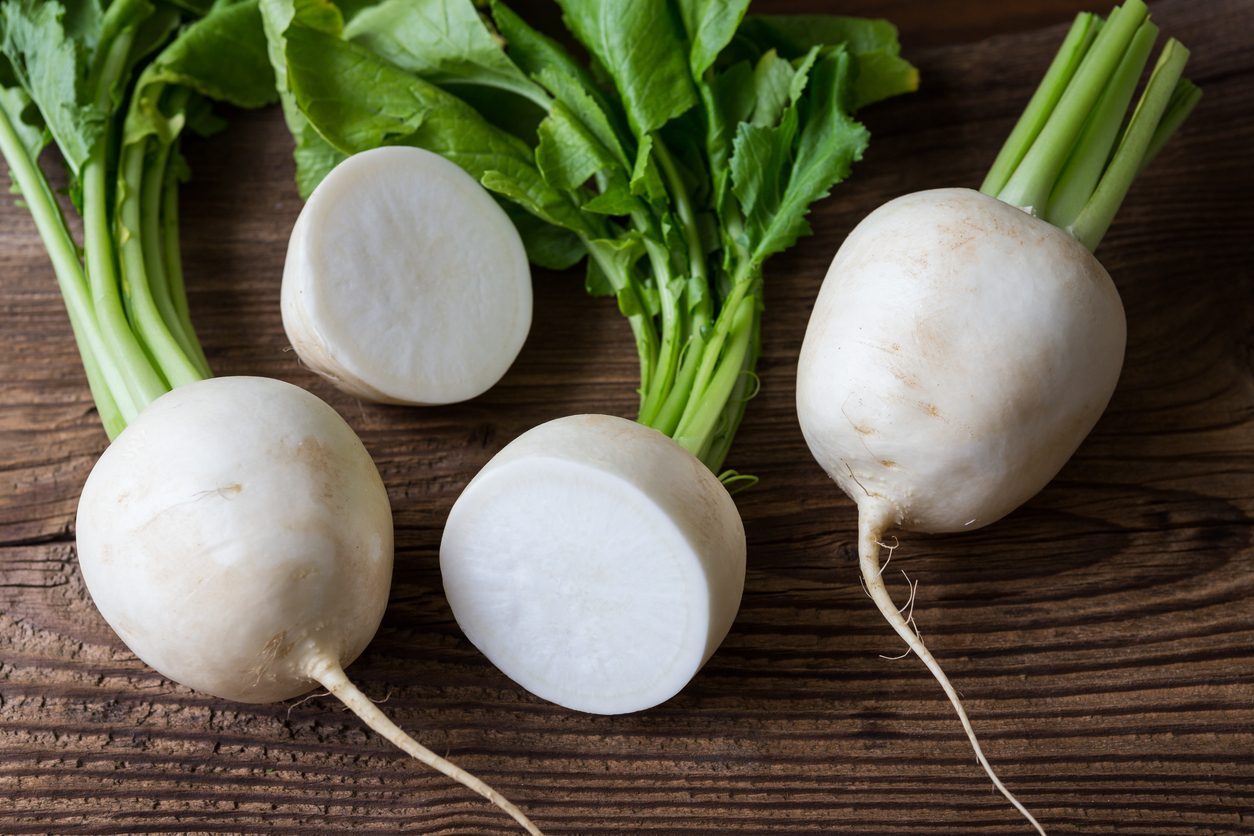What are Dates? Everything You Need to Know and How to Use Them in the Kitchen
On holidays they can never miss from our tables, ready to tempt us with their unmistakable sugary taste: we are talking about dates, ancient fruits rich in beneficial properties. For the Egyptians they were a symbol of fertility, but there is much more behind these small fruits. Let's discover it together.

Dates are the fruits of the Phoenix dactylifera, an ancient plant native to North Africa, belonging to the Palmaceae family. Rich in mineral salts, vitamins and incredibly energizing, dates have been considered beneficial fruits since Egyptian times as well as a symbol of fertility: small purple goodies, fresh or more commonly dried, should not be missing from our kitchens and can enrich many recipes, desserts and savory ones. With an eye on calories, let's find out everything there is to know about these small and sweet fruits and why they are so good for our health.
Dates' Properties
A source of mineral salts, in particular potassium, magnesium, phosphorus, iron, sodium and calcium, dates are poor in water (about 17 grams per 100 grams of product) and rich in calories (about 253 calories for 100 grams of products). Made up of 8% of fibre, these ancient fruits contain high doses of sugar (especially dried ones) and carbohydrates (63 grams) while proteins, fats, starches and cholesterol are almost completely absent. Vitamins? There is no shortage of vitamins A and B, while we find no traces of vitamin C.

What are Dates' Benefits?
Fresh or dried, dates are an excellent snack to break hunger and, by consuming two or three of them a day, they prove to be excellent allies for our health; between ancient beliefs and good habits, dates should not be missing from our diet and are full of benefits. In particular:
- They improve digestion: a portion of dates provides our body with a high quantity of fiber capable of stimulating and helping the natural digestive process;
- Energizing: inexhaustible source of potassium, sugars, glucose and sucrose, dates are energizing and help us fight stress and tiredness;
- They stimulate attention and brain activity: thanks to the presence of potassium and vitamin B6, dates can improve our brain performance, helping in particular with the production of serotonin;
- They protect the intestine: by facilitating digestion and the passage of food through the colon, dates are able to "train" our intestine and thus protect it from bacteria and infections;
- Regularly eating two or three dates a day helps to lower bad cholesterol and in doing so protects and stimulates the entire cardiovascular system;
- Useful for naturally combating anemia: thanks to the presence of iron and magnesium, dates come to our aid in case of anemia;
- Thanks to carotenoids, dates protect eyesight and prove to be great allies of the eyes;
- They were considered, by the ancient Egyptians, real natural aphrodisiacs as well as a symbol of fertility, thanks to their energizing properties.

How to Use Dates in the Kitchen
During Ramadan or – in some countries – during Christmas holidays, there's never a shortage of dates on our tables, yet dates are not only delicious hunger-busting snacks, but they can enrich and embellish our recipes. If you want to prepare a simple but impressive dessert, try the Maamoul Cookies recipe, an Arabic traditional dessert that will amaze your guests. Are you looking for savory dishes? If the answer's yes, then just take a look at various Mediterranean recipes: for example the Moroccan lentil salad with dried fruit and dates is the one for you if you like to experiment in the kitchen where, as we know, the only rule is that there are no rules.
;Resize,width=767;)
;Resize,width=712;)


